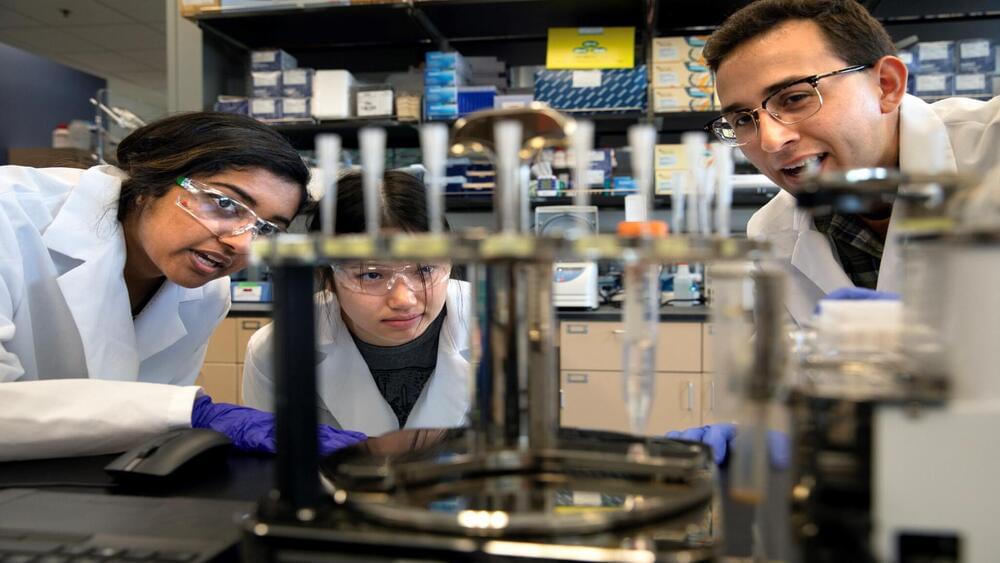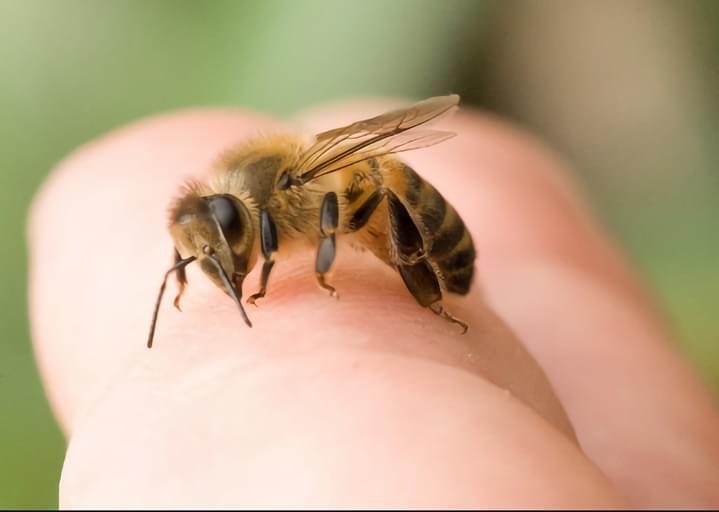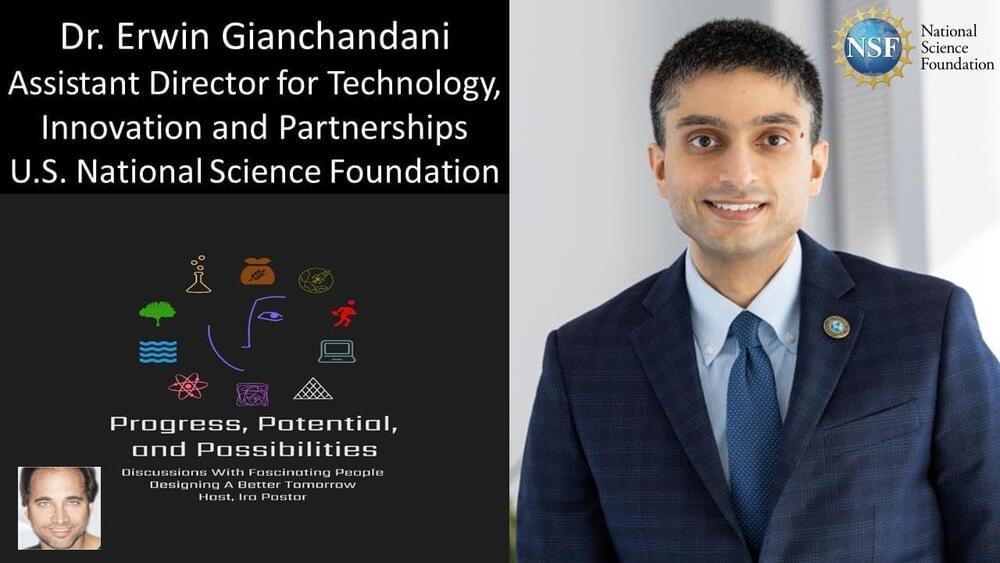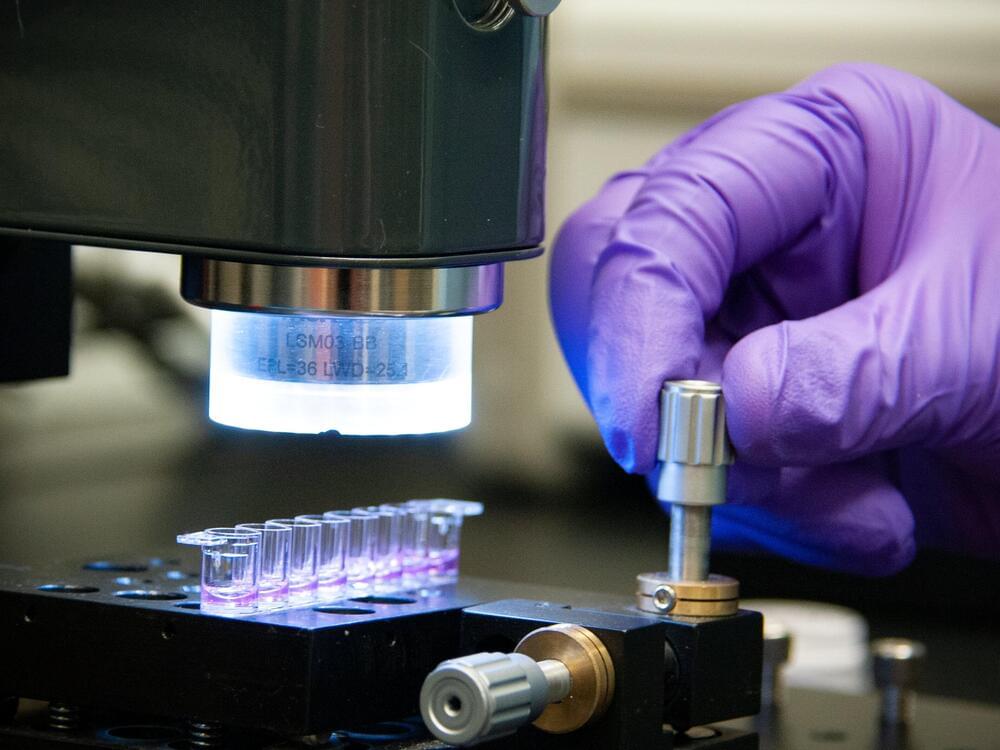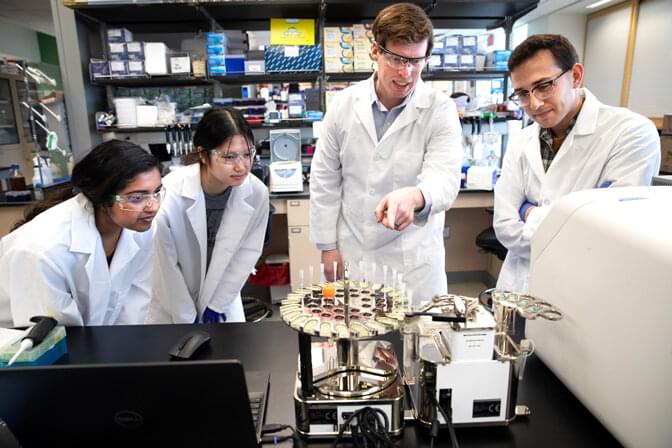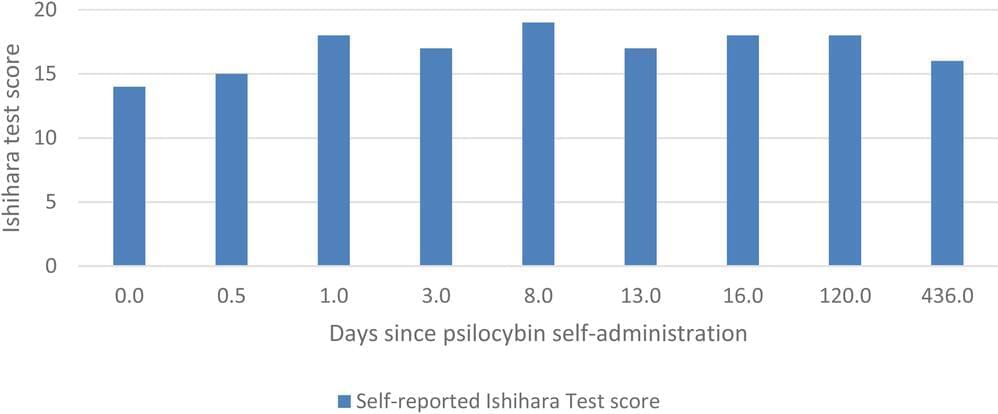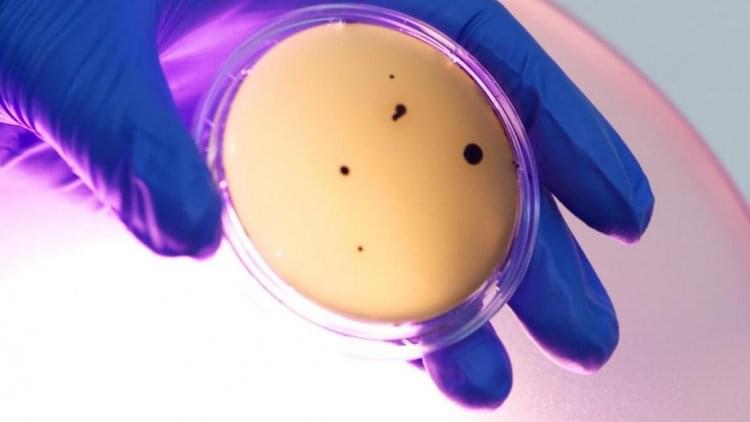May 8, 2023
U.S. Surgeon General Warns Of Loneliness Epidemic And Some Say That Generative AI ChatGPT Is The Cure
Posted by Gemechu Taye in categories: biotech/medical, health, robotics/AI
The U.S. Surgeon General has released an advisory alerting the public at large that loneliness has become an epidemic and represents an urgent public health concern. You might be tempted to think that this advisory is somewhat over the top and that loneliness is merely something that we all need to contend with from time to time. It seems obvious that loneliness happens. It seems obvious that loneliness is challenging.
Why should the nation’s highest official public health advisor make such a seemingly outsized clamor over a matter that we take for granted and assume is a natural part of living our lives?

